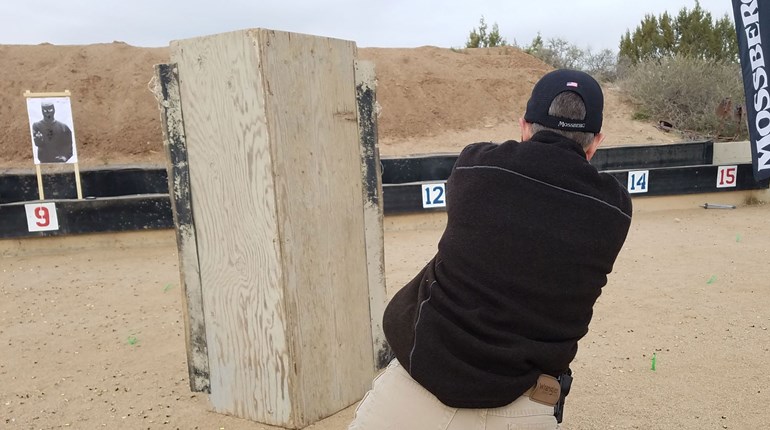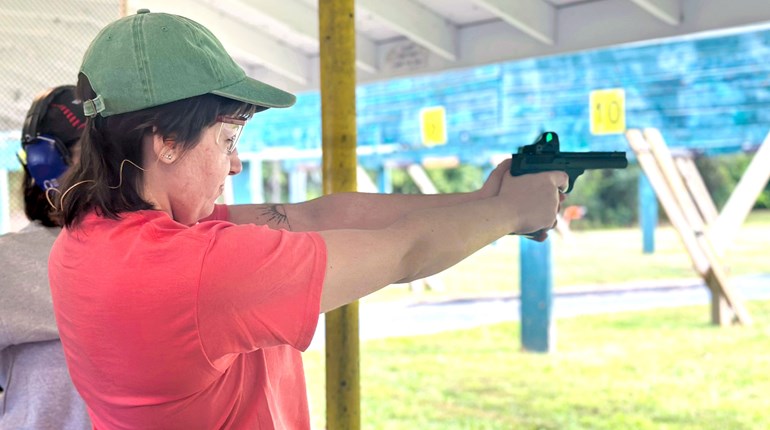
Crimes like rape, date rape, kidnapping, and even muggings or assaults often require the criminal to gain your trust. He does this so he can get you alone, get physically close to you (within attack range), or convince you to go along with some plan that’s going to lead you into danger. Even con-men who do not plan to use physical violence, but who will hurt you financially or otherwise, will employ some of these methods.
These kinds of criminals use specific strategies to try to earn your trust. Author and security expert Gavin de Becker lays out a list of these strategies in his excellent book The Gift of Fear, and we’re going to take a look at each strategy to show you what it looks and sounds like and how you can guard against it.
The strategy known as Labeling or Typecasting is pretty obvious once you know to look for it. It involves a criminal labeling a woman in a critical way:
“You’re probably too rich and snotty to talk to a guy like me.”
“It’s OK to accept help, you know. Don’t be so proud.”
“You don’t look like the type of girl who enjoys reading physics textbooks.”
The goal is to bait you into a conversation where you will defend yourself and try to prove him wrong. If the criminal is any good at this, the criticism will be minor or subtle. If he came right out and said, “You’re such a bitch,” you wouldn’t try to prove that you’re not—you’d be outraged and just leave. He doesn’t want to insult you, but he wants to put a slightly critical label on you that you’ll reject. Of course you’re not a snob, so you’ll have a drink with this guy. Of course you don’t want to seem too proud to accept help, so you’ll let him carry your suitcase to your apartment for you. Of course you’re smart enough to enjoy physics, and you want him to know you’re no dummy.
How to Defend Against Labeling
The goal of labeling is to get you to talk to him and maybe allow him to help you (and helping you will put him in a more advantageous position to carry out his plans). The more you talk to him, the deeper you get into a criminal interview and the more information you give him that he can use against you. To defend against labeling, you must recognize it. Of course, he might just be a hapless, socially awkward dude trying to hit on you and the sad-sap “you’re too good for me” routine has worked for him before. Again, context is key. Are you isolated? Is he a stranger or someone you know but who you don’t have a good feeling about? Is he using other criminal strategies such as charm, unsolicited promises, or giving too many details?
Because the goal of labeling is to get you to engage, the way to defend against it is to ignore it completely. He wants you to reject the label he’s put on you, and anything you do toward that end means he’s been successful in engaging you. Keep the context in mind: “I’m isolated. I don’t know (or I don’t like) this guy who approached me unsolicited, and he’s trying to bait me into a conversation.”
You should ignore labeling completely. You do not owe anyone your time or conversation. Act as if the words were not spoken, and leave if you feel you need to. Any type of engagement with the labeler is a win for him.
—Jo Deering














































